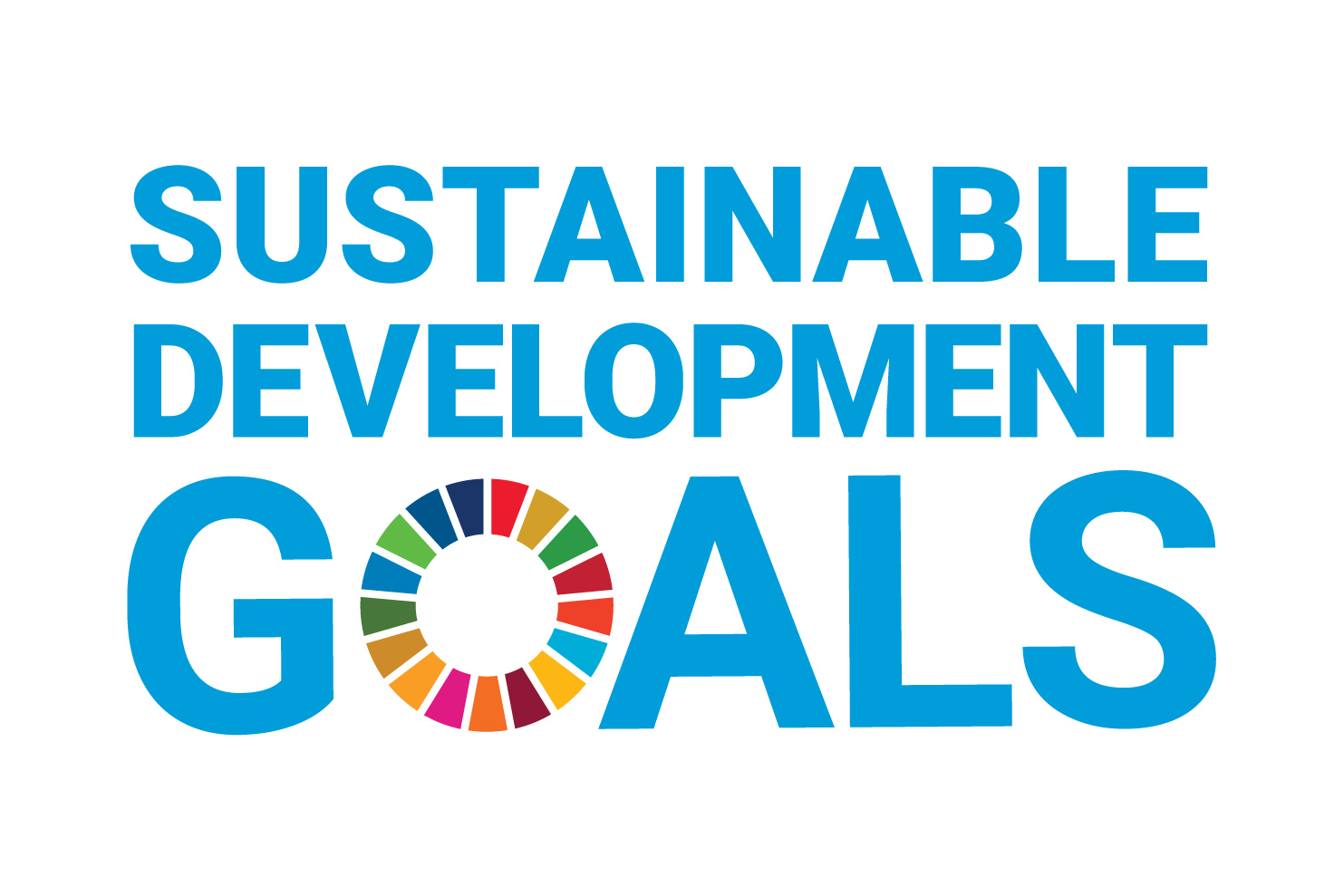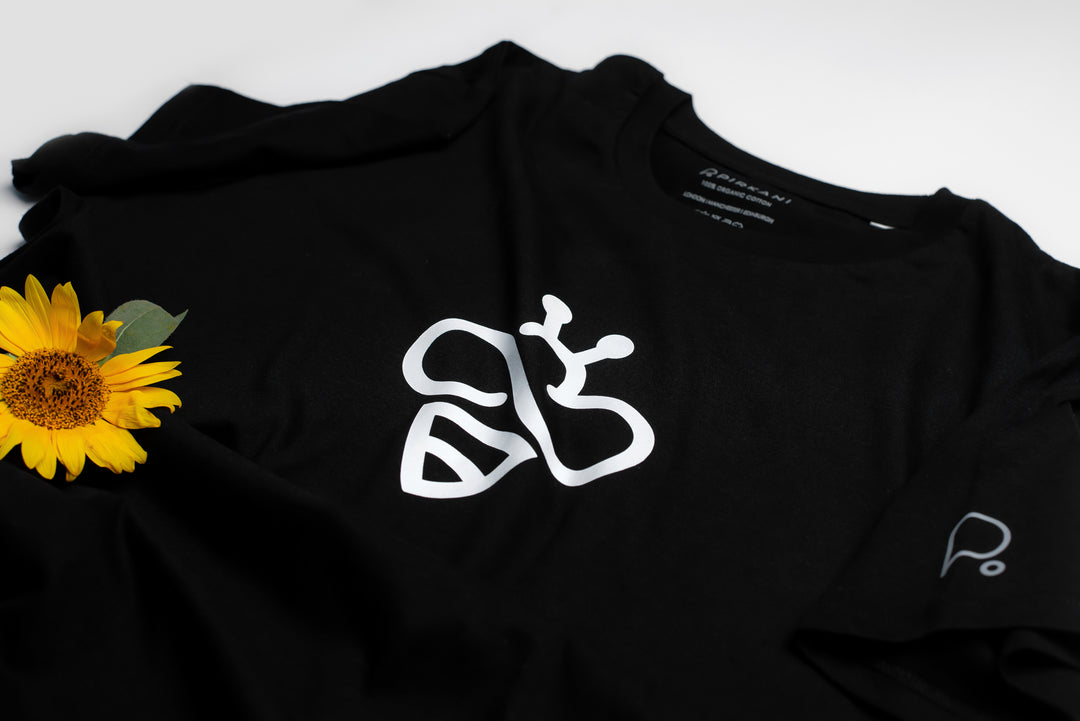Seven Ways Pirkani® Contributes to the United Nations Sustainable Development Goals

Globally, the textile sector is a significant contributor to pollution, which directly affects people's health. According to an estimate by Mckinsey, the textile sector currently uses 10% to 20% of the world's pesticides – of which most are used in the production of cotton. Besides damaging the environment, these pesticides are also adversely affecting people working at the farms. For instance, globally, approximately 1000 people fall victim to acute pesticide poisoning and die. The devastation of chemicals and pesticides does not stop here; more people develop acute illnesses, including cancer, leukaemia, reproductive and neurological problems.
Besides chemical exposure, farmers are often forced to work in direct sunlight – which is even worse. A solution to combat these problems is to opt for eco-friendly clothing, which is gentle on the Earth and its inhabitants – flora and fauna. Although limited now, eco-friendly options for clothing include organic cotton, hemp, linen, lyocell, and a few other emerging materials. Such eco-friendly materials protect the farmers from heavy use of pesticides and producers and consumers from exposure to pesticides. Organic cotton, for instance, does not use any of the toxic chemicals in the process – thus enabling the good health of the people making and wearing it.
At Pirkani Apparel, the health and well-being of the workers are of paramount importance. From farmers to factory workers, health is given utmost priority – where the focus is laid on the working environment, exposure to chemicals, and tranquillity of the workers. In addition to the health and well-being of its workers, Pirkani Apparel consciously tries to improve the health and well-being of the general population from where raw materials are sourced to areas of processing and production. This allows Pirkani Apparel to achieve target 3.9 of reducing the number of deaths and illnesses from hazardous chemicals and air, water and soil pollution and contamination.
Goal # 3: Good health and well-being
Globally, the textile sector is a significant contributor to pollution, which directly affects people's health. According to an estimate by Mckinsey, the textile sector currently uses 10% to 20% of the world's pesticides – of which most are used in the production of cotton. Besides damaging the environment, these pesticides are also adversely affecting people working at the farms. For instance, globally, approximately 1000 people fall victim to acute pesticide poisoning and die. The devastation of chemicals and pesticides does not stop here; more people develop acute illnesses, including cancer, leukaemia, reproductive and neurological problems. Besides chemical exposure, farmers are often forced to work in direct sunlight – which is even worse.
A solution to combat these problems is to opt for eco-friendly clothing, which is gentle on the Earth and its inhabitants – flora and fauna. Although limited now, eco-friendly options for clothing include organic cotton, hemp, linen, lyocell, and a few other emerging materials. Such eco-friendly materials protect the farmers from heavy use of pesticides and producers and consumers from exposure to pesticides. Organic cotton, for instance, does not use any of the toxic chemicals in the process – thus enabling the good health of the people making and wearing it.
At Pirkani Apparel, the health and well-being of the workers are of paramount importance. From farmers to factory workers, health is given utmost priority – where the focus is laid on the working environment, exposure to chemicals, and tranquillity of the workers. In addition to the health and well-being of its workers, Pirkani Apparel consciously tries to improve the health and well-being of the general population from where raw materials are sourced to areas of processing and production. This allows Pirkani Apparel to achieve target 3.9 of reducing the number of deaths and illnesses from hazardous chemicals and air, water and soil pollution and contamination.
Goal # 5: Gender equality
In the textile industry, most of the garment workers are women – from sourcing to production. However, throughout the industry, it is observed that men dominate the leadership roles.
Breaking trends and setting an example for the world to emulate, Pirkani Apparel stands out by having equal representation of women in leadership roles. In addition to the general workforce and leadership at Pirkani, conscious efforts are put into an equal representation of women for outsourced work. Alongside male leadership, female leadership at Pirkani is equally competent, energetic and galvanises the company's effort to make a positive impact.
The female leadership, besides set tasks, looks aftermarket penetration strategies, creating awareness for sustainability, innovation and design of products and policies. Thus, the role of women is instrumental at Pirkani, and we proudly contribute to target 5.1 of ending all forms of discrimination against all women and girls everywhere; and target 5.5 of full and effective participation and equal leadership at all levels of decision making at the management level.
Goal # 6: Clean water and sanitation
The fashion industry is the second-largest consumer of water worldwide, and it takes around 2700 litres of water to produce a single non-organic cotton t-shirt. Similarly, for polyester, which is human-made, fuels like coal and petroleum with large amounts of water are consumed during production. Moreover, the textile industry produces 20% of global wastewater. It is ironic that due to ambiguous regulations, factories are blatantly allowed to release toxic wastewaters and chemicals from production facilities directly into rivers. Even if contaminated wastewater is not directly released in waterways, the contaminated water gets washed into waterways by rainfall or irrigation and seep into the groundwater. Thus, creating impediments to access to clean water.
On the contrary, organic cotton consumes 88% less water and 62% less energy, and no harmful or toxic chemicals like pesticides or insecticides are used during its growth. Thus, in compliance with global standards of environmental regulation, Pirkani Apparel contributes to target 6.1 of universal and equitable access to safe and drinking water for all; target 6.3 of improving water quality by reducing pollution, eliminating dumping and minimising releases of hazardous chemicals and materials; and target 6.4 of contributing to water use efficiency.
Goal # 8: Decent work and economic growth
Besides affecting the health of farmers and workers and polluting the environment, the contemporary textile industry is riddled with multiple ethical issues. For instance, cotton sourcing often creates an unsafe working environment, where workers are usually irregularly paid and deprived of necessities such as healthcare and job protection. Unfortunately, 65% of the world's cotton is produced where forced labour still exists. Pirkani Apparel, on the other hand, plays altruistically and adheres to ethical fashion and complies with organic or Fairtrade.
Our workers get a stable and liveable monthly salary, health insurance, daily meals, paid holidays, and frequent breaks. Moreover, particular emphasis is laid on ethical sourcing and utilisation of technological advances, green engineering, and innovation to produce high-quality apparel. Trusted labels guarantee safer conditions for farmers, who are given adequate protective equipment and are never overworked to the point of injury.
With the focus on eco-friendly and sustainability – Pirkani Apparel enables the farmers to keep using their farms for years to come while simultaneously providing free education and training to the children of factory workers. Thereby, Pirkani Apparel contributes to target 8.3 of decent job creation, entrepreneurship, creativity, and innovation; target 8.4 of endeavouring to decouple economic growth from environmental degradation; target 8.5 of decent work for all men and women; target 8.7 of eradicating forced labour, ending modern slavery, eliminating child labour; and target 8.8 of a safe and secure working environment for all workers.
Goal # 12: Responsible consumption and production
The world continues to use natural resources unsustainably, ranging from the automobile sector to agriculture. Similarly, the textile industry continues to exploit limited natural resources without considering its outcome. The textile industry has contributed explicitly to air, land and water pollution drastically in the last few decades.
While the ecosystem can fix itself naturally, that is hampered when damage is done wittingly, continuously, and without conscious effort to improve the mess. For instance, the textile industry currently widely uses synthetic fibre, which is produced from polyester, of which the raw material is a fossil fuel. With the false creation of need of newer clothes now and then, the textile industry has promoted fast fashion, contributing to reckless production and irresponsible consumption. However, in addition to having slow fashion as the cornerstone of the company's philosophy, sustainable fabrics such as organic cotton, linen or hemp are much gentler to the Earth. It doesn't deplete its fertility as non-organic production does. Moreover, recycled or regenerated fabric, such as cotton, has the potential to reduce energy and water consumption as it makes use of the massive amounts of scrapped cotton – at the pre-consumer stage and dumped cotton – at the post-consumer stage, including that from apparel, towels, and other household items.
At Pirkani Apparel, all our clothing is 100% recyclable or bio-degradable or composted naturally to become one with the Earth again. Thereby Pirkani Apparel acts responsibly in both consumption and production. This enables us to contribute to target 12.2 of sustainable management and efficient use of natural resources; target 12.4 of environmentally sound management of chemicals and all wastes throughout their life cycle, per agreed international frameworks, and significantly reduce their releases to air, waste and soil to minimise their adverse impacts on human health and the environment; target 12.5 of substantially reducing waste generation through prevention, reduction, recycling and reuse; target 12.8 of ensuring that people everywhere have the relevant information and awareness for sustainable development and lifestyles in harmony with nature. This journal itself is a testimony to the target 12.8!
Goal # 13: Climate action
As mentioned above, the conventional textile industry globally contributes heavily to carbon emission. In the last couple of years, the world has witnessed unprecedented carbon dioxide levels and other greenhouse gases. Unfortunately, investments in fossil fuels continue to be higher than investment in climate activities, as the global community shies away from commitments necessary to reverse the climate crisis. In 2019, carbon dioxide and other greenhouse gas emissions rose to new records and the year was termed the second warmest year on paper. Although COVID19 reduced the levels of carbon dioxide in 2020 due to lockdowns, with the resumption of economic activity, it is expected that the levels will further rise. For a continuous decrease in the emission of gasses, a more sustainable approach needs to be taken by all – regardless of their status.
In the textile industry, synthetic fibres such as polyester or nylon are two materials that are commonly used, and unfortunately, they have a massive carbon footprint. Polyester, for instance, releases two to three times more carbon emission than cotton. A polyester garment contributes a large carbon footprint of 5.5 kg of carbon dioxide per polyester t-shirt. Moreover, methane is also released in the process. The release of the toxic chemical into waterways, directly and indirectly, harms the ecosystem. However, Pirkani Apparel chooses natural fibres which are gentle to the ecosystem in terms of emissions, the release of toxic chemicals and harm to the environment. Organic cotton emits 46% less carbon dioxide than conventional cotton.
Moreover, Pirkani Apparel aims to manage livelihoods and the environment concurrently by opting for more sustainable ways. In addition to eco-friendly modes of harvest, sourcing, processing and production, Pirkani Apparel also plants trees for every piece of clothing produced, initially in the regions where raw materials are sourced, processed, and produced. As the company is technologically driven, data is continually analysed to reduce our carbon footprint. This enables Pirkani Apparel to contribute to target 13.1 of strengthening resilience and adaptive capacity to climate-related hazards and natural disasters, targeting 13.3 of improving education, awareness-raising on climate change, and impacting reduction and early warning.
Goal # 15: Life on land
With the environment getting adversely affected by the pollution because of textile manufacturing, the toxic chemicals also strip the land of its nutrients, affecting soil fertility and flora and fauna of that area. Synthetic fibres,which consist of plastic, ultimately find a way to terrestrial and animal life. According to an estimate, 85% of all fashion items globally produced find their way to a landfill each year, equivalent to one garbage truck full of clothes each second.
However, Pirkani Apparel focuses on minimising harm to the people making the garments and avoiding animal cruelty in the supply chains. Our company focuses on social altruism and covers protecting the rights of workers and animals involved in the production chain. Moreover, with the approach of tree plantation as a going concern, by choosing natural fibres and other eco-friendly methods, Pirkani Apparel streamlines itself with SDG 15 by protecting, restoring, and promoting sustainable use of terrestrial ecosystems, managing sustainable forests, combating desertification, and halting and reversing land degradation and halting biodiversity loss.
THINK SUSTAINABLE
There has been a paradigm shift in the last few decades when it comes to our lifestyle. Globally, more and more people are now thinking about sustainability than ever before. People have started to prefer cloth or reusable/ biodegradable bags instead of plastic bags at an individual level. Governments and corporations throughout the world are going towards sustainable and eco-friendly models of energy. The global community has perhaps started to realise that Earth is the only home for us.
While many people have realised that the only option for decent survival lies in sustainability, corporations knowingly exploit already depleting natural resources and affect life underwater, life on Earth, and humans in numerous ways. Traditional textile, in particular, is one such industry that promotes "fast fashion", which forces consumers to buy products despite their actual need. Unconsciously and unknowingly, the consumers harm the world and their surroundings. With cheap tricks of "sale" and "low cost", consumers are trapped into buying what they don't always need. However, with the allure of low cost, farmers and factory workers pay the price, which is often a heavy one, costing their health and the well-being of their loved ones.
As people's passion for supporting the planet Earth drives Pirkani Apparel – everyone involved in our supply chain is conscious about such practices and makes an extra effort to make a positive impact by being sustainable in their approach.






Leave a comment